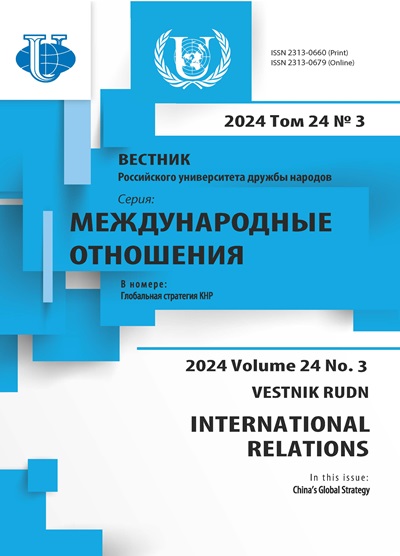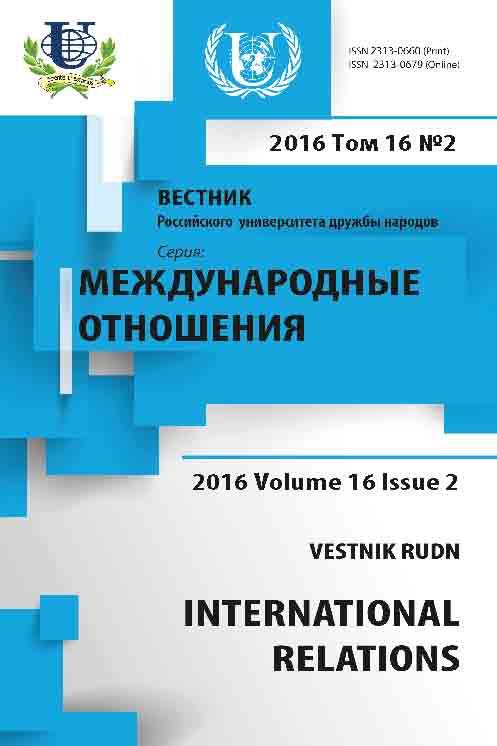Россия - Африка: Клондайк взаимодействия. Интервью с Л.Л. Фитуни (Институт Африки РАН)
- Авторы: Герасимова О.
- Выпуск: Том 16, № 2 (2016): Африка в системе международных отношений
- Страницы: 334-349
- Раздел: Статьи
- URL: https://journals.rudn.ru/international-relations/article/view/14281
Цитировать
Полный текст
Аннотация
Фитуни Леонид Леонидович родился 27 сентября 1953 г.; окончил МГИМО МИД СССР в 1975 г., доктор экономических наук, профессор. Возглавляет Центр стратегических и глобальных исследований Института Африки РАН. Автор 18 книг и около 300 статей, владеет английским, французским, арабским языками. Интервью с доктором экономических наук, профессором Л.Л. Фитуни посвящено наиболее актуальным вопросам российско-африканских отношений, а также ключевым особенностям взаимодействия в исторической ретроспективе. По мнению Леонида Леонидовича, нельзя сказать, что эти отношения находятся на пике своего развития, тем не менее в последнее десятилетие можно проследить определенный подъем. В интервью с профессором также затрагиваются темы списания Россией африканским странам их долгов и присутствие отечественного бизнеса на континенте. Л.Л. Фитуни подробно останавливается на экономическом потенциале африканских государств и перспективах сотрудничества с Россией. Особое внимание уделяется мировым научным школам африканских исследований и подготовке кадров в этой области, в том числе отечественной школе африканистики.
Ключевые слова
Список литературы
- Абрамова И.О., Фитуни Л.Л. Африка и Россия: перспективы сотрудничества в новых исторических условиях // Вестник Российского экономического университета им. Г.В. Плеханова. 2015. № 6. C. 141-150
- Фитуни Л.Л. Дифференциация развивающихся стран и новая архитектура мировой экономики (Вопросы теории) // Азия и Африка сегодня. 2012. № 10. C. 9-18











